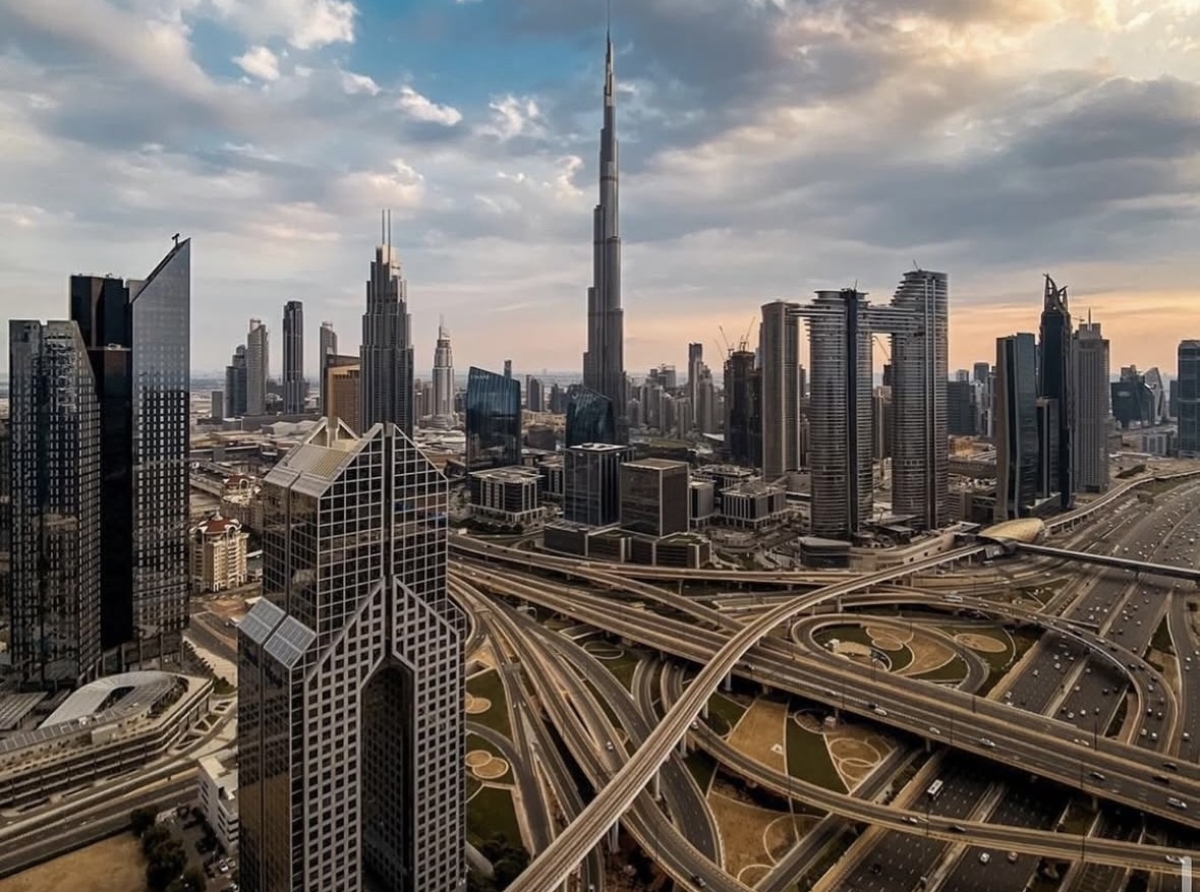Dubai’s Quiet Influence on the Modern Athlete
In the global economy of sport, attention often follows medals and score...
Feb 04, 2026

Dubai’s “Cashless Strategy,” an ambitious push to achieve 95% cashless transactions by 2026, is transforming the emirate into a global leader in digital finance. Initially targeting 90% by 2026, the goal was revised upward in early 2025, reflecting rapid adoption of digital payments, according to the Dubai Department of Economy and Tourism. A standout feature of this initiative is the integration of cryptocurrency payments for select government and private services, with tokenized real estate transactions reaching $399 million in May 2025, as reported by posts on X.
Launched under the Dubai Blockchain Strategy of 2016, the Cashless Strategy aligns with the emirate’s vision to become a global hub for digital innovation. The Dubai Digital Authority oversees the rollout, enabling payments in cryptocurrencies like Bitcoin and Ethereum for services such as property registration and select retail purchases. Emirates NBD, a leading UAE bank, reported a 47% increase in digital wallet transactions in Q1 2025, driven by its Liv platform, which supports crypto payments. The Virtual Assets Regulatory Authority (VARA), established in 2022, ensures compliance, fostering trust in a sector once plagued by volatility. In 2024, Dubai attracted 1,117 foreign direct investment projects, many in fintech, per fDi Intelligence, underscoring its appeal to blockchain innovators.
The infrastructure is robust. Over 300 government services, including trade licenses and visa processing, now operate on blockchain platforms, reducing processing times by up to 70%, according to the Dubai Digital Authority. In retail, major hubs like Dubai Mall and Mall of the Emirates have adopted crypto payment systems via QR codes, supported by partnerships with exchanges like Binance. Small businesses benefit from government incentives, such as zero-fee crypto transactions until 2027, encouraging merchants in areas like Al Fahidi’s souk to embrace digital payments. The launch of SuiHub in June 2025, a Web3 innovation hub in Dubai Silicon Oasis backed by VARA and the Sui Foundation, further accelerates this ecosystem, offering startups $100 million in funding and regulatory support.
Economically, the strategy is a powerhouse. Tokenized real estate, leveraging blockchain platforms like the XRP Ledger, accounted for 15% of Dubai’s property transactions in 2025, per VARA data. This has streamlined ownership transfers, cutting costs by 20% compared to traditional methods. The Dubai Economy Tracker noted a 12% rise in fintech-related business registrations in 2024, reflecting the sector’s growth. By positioning itself as a crypto-friendly hub, Dubai aims to capture a slice of the global digital asset market, projected to reach $1.5 trillion by 2030, according to Statista.
Challenges persist. A 2025 YouGov survey revealed that 28% of Dubai residents over 50 prefer cash, citing unfamiliarity with digital systems. To address this, the government has deployed 500 digital literacy kiosks across community centers, targeting 50,000 trainees by mid-2026. Cybersecurity is another concern; Chainalysis reported a 22% increase in global crypto scams in 2024, prompting Dubai to invest $272 million in its 2025 Cyber Security Strategy to safeguard transactions. Market volatility remains a risk—Bitcoin’s 12% drop in April 2025 raised eyebrows—but VARA’s stringent regulations, including mandatory audits for crypto exchanges, have minimized systemic threats. To ensure inclusivity, cash remains accepted for public services until at least 2030, balancing the needs of low-income and migrant communities.
Dubai’s Cashless Strategy is a bold experiment in redefining money. From tokenized art sales at Art Dubai 2025 to blockchain-powered startups, the emirate is weaving digital finance into its fabric. If it can bridge accessibility gaps and maintain regulatory rigor, Dubai could set a blueprint for the world’s financial future, proving that a city can be as innovative in its economy as it is in its skyline.
Photo credits: Dubai Instagram.
Disclosure: Dubai Voice enhances the editing process with the help of carefully selected AI tools. These tools provide valuable support without taking over the editing process completely, ensuring that the final product is the result of human creativity and expertise augmented by the benefits of enhanced technology. This article is protected under the copyright of Dubai Voice. Unauthorized reprinting, republishing, or rewriting of this content is strictly prohibited without explicit permission from Dubai Voice. Quotations from this material are permissible provided that a direct link to the full article on Dubai Voice is included.